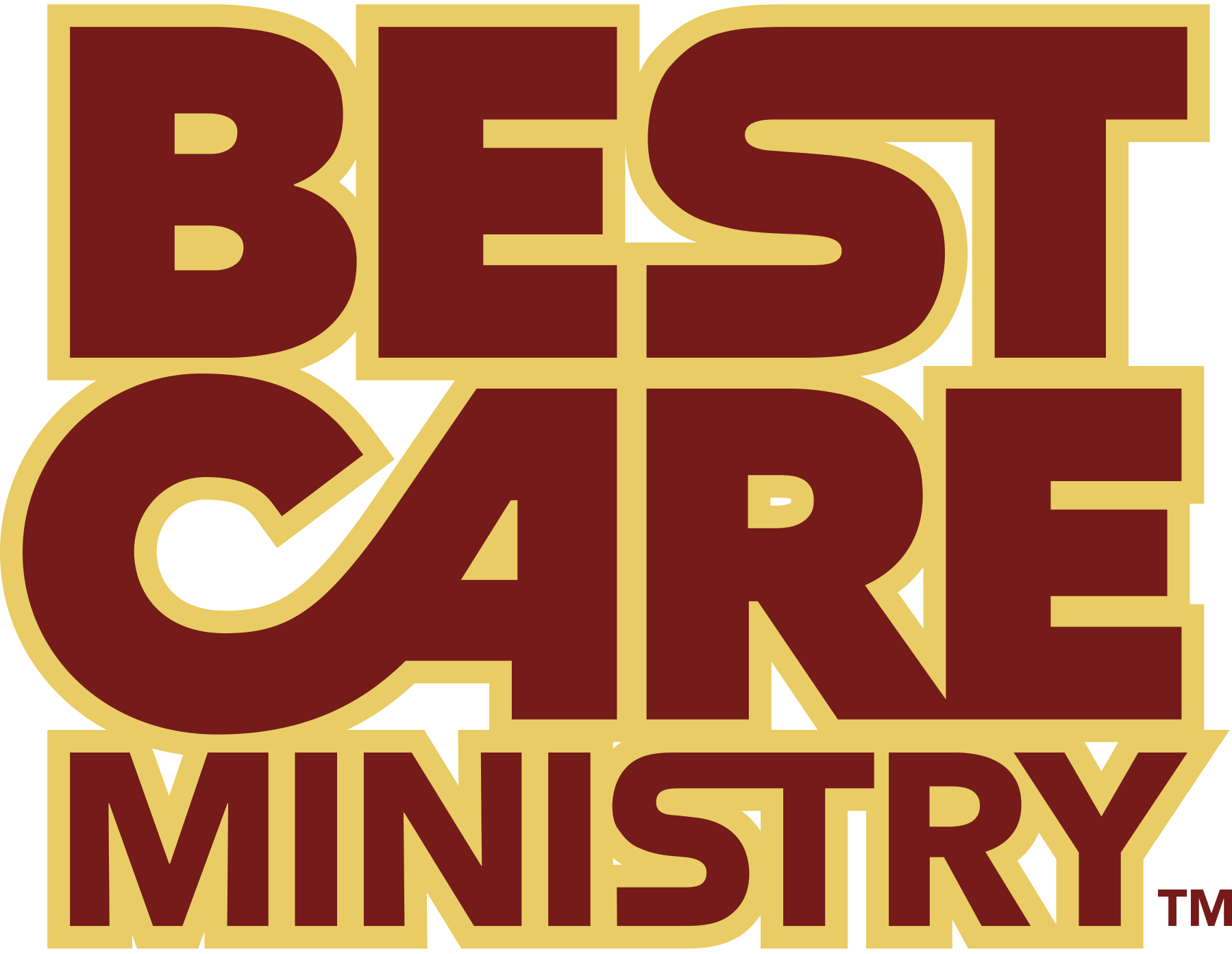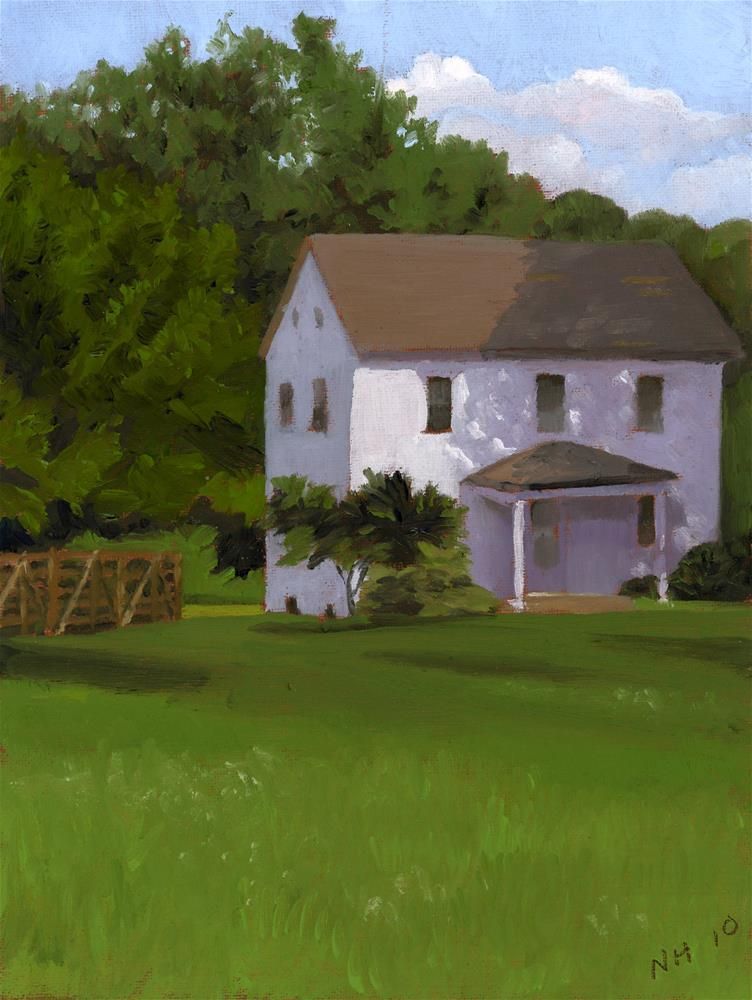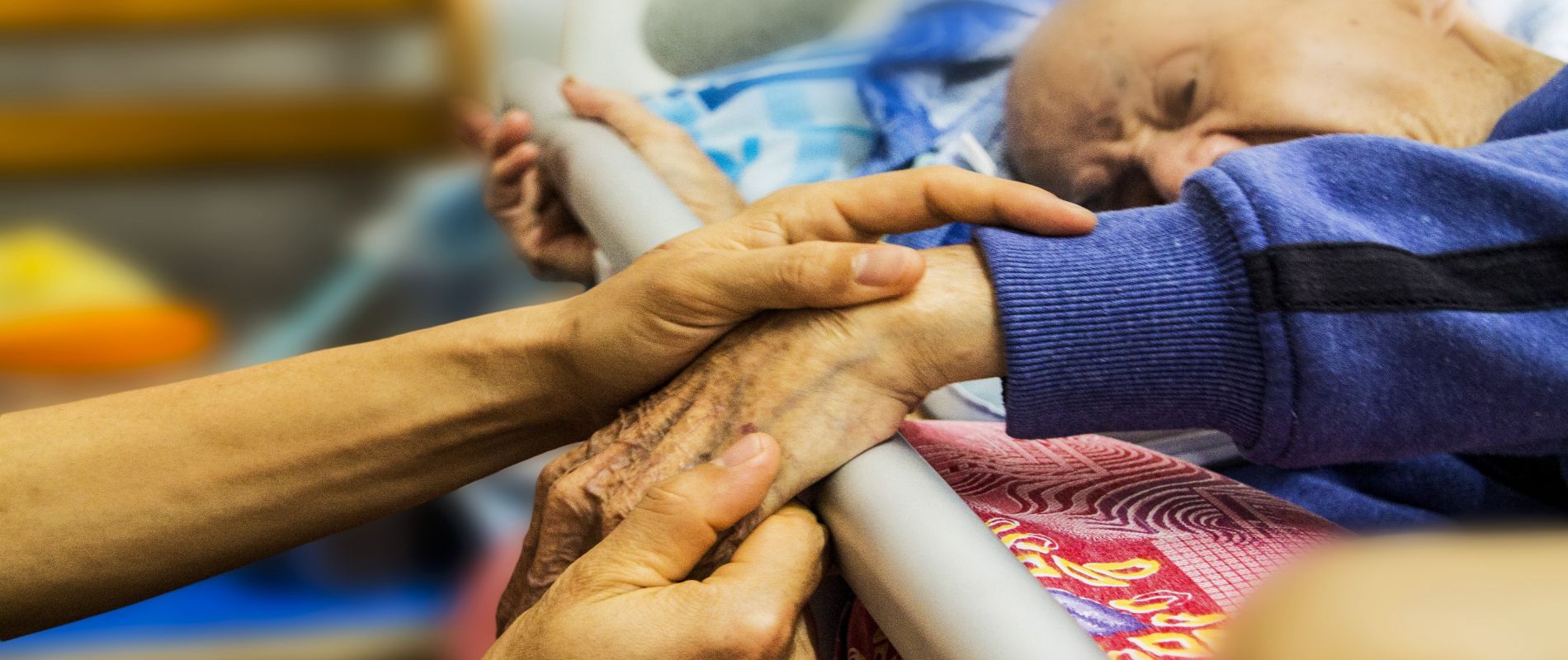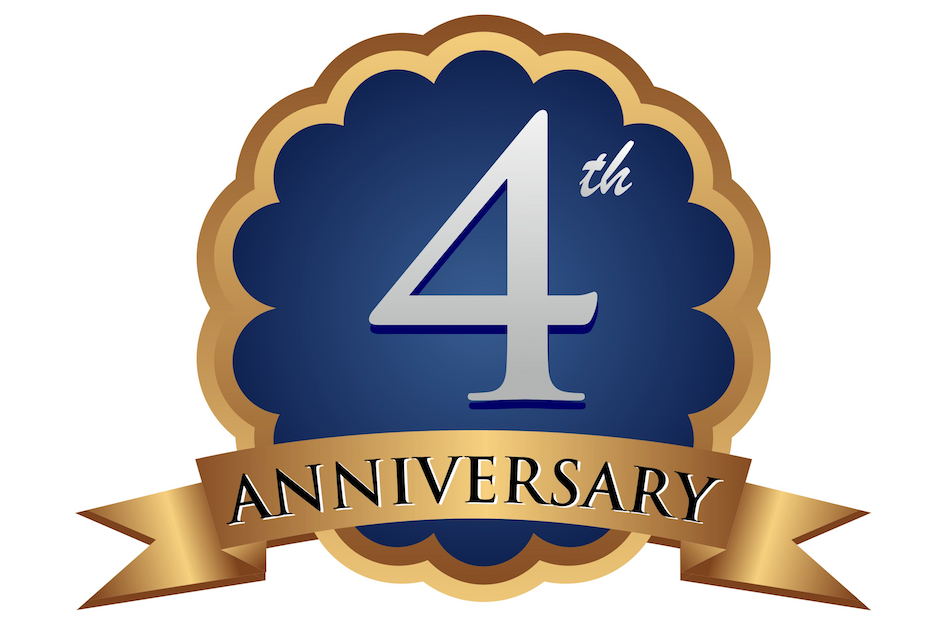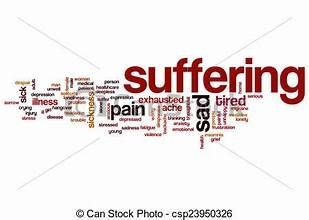Often it is just you.
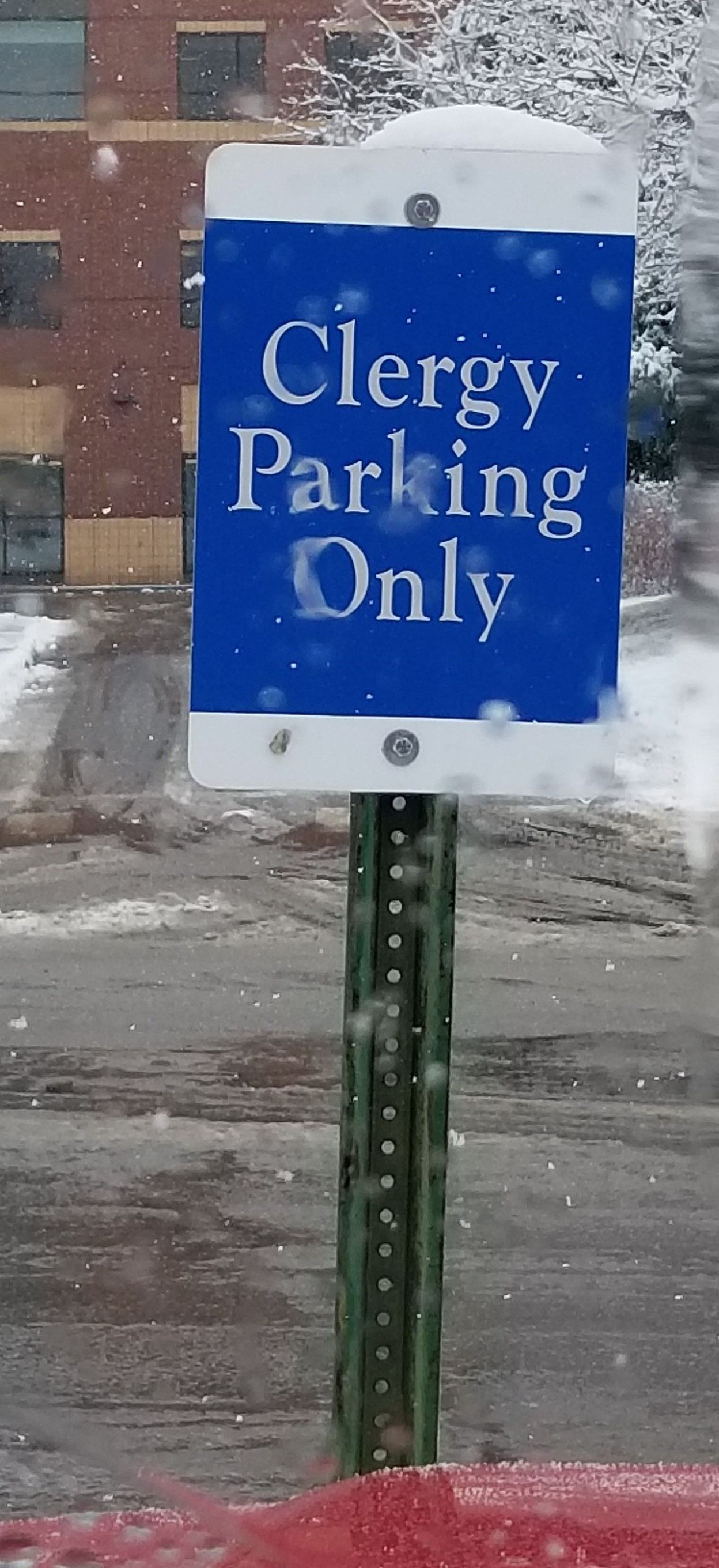
The second car in the funeral procession is the one that got my attention.
I was sitting in my Jeep at the red light when the funeral procession came through the intersection in front of me. In the second car was the pastor who would be officiating. He was alone, in his little car, top hat and coat on, holding the steering wheel with both hands. In front of his car was the hearse with the deceased and the mortuary staff. Behind the pastor was the family, connected by relation and loss. More cars followed. They carried people who came together with friends or spouses. At the grave site these cars would unload and a small crowd would assemble to say their final good-byes and hear the words of the pastor.
Then, this pastor would stand alone, between God and the mourners.
He would trust God for words and blessing, so his compassion and efforts would make a meaningful difference to this group of family and friends.
Even though the caring minister is with people, the role he/she plays is a lonely one.
I noticed this dynamic with hospice nurses. "I don't like doing home care. You are alone with the patient and family," a nurse told me. "I prefer in-patient care. Sure, there are more patients to care for at one time but other nurses and staff are around to help with the work and verify difficult decisions."
Hospital visits are not made by a committee. Stephen Ministry care is one on one. Officiating a service is a solo. Others may help with the logistics but when you take the podium, you stand alone with the monumental task of bringing a message from God to the gathered crowd.
I have made the lonely drive, in all hours of he day and night, countless times, in response to a call. The lonely drive was followed by a lonely walk from the vehicle to the hospital, hospice care center, nursing home or house. Both the drive and the walk were filled with drama and uncertainty. Alone with my thoughts I feared, will this be situation I can not handle? Will my presence matter? Will the words come? Will I be confident enough not to talk but to listen and hear their story? What will I say in my prayer for healing or comfort? What is the condition of the patient? What are the needs of the family?
Those of us who have been able to do this for a long time have learned to embrace the role of working alone.
My primary coping tool is prayer.
I'm not really alone and the One I am most serving is God. I am His hands and feet, with an inspired message from Him to the family. Radio off, I am asking for help and listening for inspiration ask I drive.
I need someone to talk to.
After the visit, especially if it is an intense trauma, I need someone to talk to. Finding the right person is difficult. Confidentiality needs to be protected. Many do not want to hear sad and tragic stories--they are too painful. A few will think you are bragging or being dramatic. But, there will be a peer or two, who you can trust, who will care about you and understand the struggle of caring. Then they will listen to you. Their empathy will alleviate the loneliness so that it will only be a temporary aspect of your caring role. In 2020, I want to follow through with efforts I've started to connect care pastors as we share our work and needs, unique to our calling.
Being unprepared for loneliness can be overwhelming and lead to depression and burnout.
But by understanding the dangers of loneliness and seeking help for your soul, loneliness can also be a time of deep devotion and spiritual growth. In our weakness we become strong in the power of the Holy Spirit and discover words that are wiser and strength that is greater than we can produce on our own.
Caring for people is hard work, behind the scenes when you are often alone. But caring is a sacred privilege and God always empowers us to do what he has called us to.
I hope this post helps you grow and thrive, especially in your lonely times of care ministry. Your care matters.
